Repentance in Late Antiquity: Eastern Asceticism and the Framing of the Christian Life c.400-650 CE
The call to repentance is central to the message of early Christianity. While this is undeniable, the precise meaning of the concept of repentance for early Christians has rarely been investigated to any great extent, beyond studies of the rise of penitential discipline. In this study, the rich variety of meanings and applications of the concept of repentance are examined, with a particular focus on the writings of several key ascetic theologians of the fifth to seventh centuries: SS Mark the Monk, Barsanuphius and John of Gaza, and John Climacus. It is shown how they predominantly see repentance as a positive, comprehensive idea that serves to frame the whole of Christian life, not simply one or more of its parts. While the modern dominant understanding of repentance as a moment of sorrowful regret over past misdeeds, or as equivalent to penitential discipline, is present to a degree, such definitions by no means exhaust the concept for these ascetics. The path of repentance...
Other books from Patristica - Studies series
- 55 LEI
- 45 LEI
- 71 LEI
- 34 LEI
- 49 LEI
- 29 LEI
Customers Also Bought
- 37 LEI 29.6 LEI
- 70 LEI
- 15 LEI
- 29 LEI
- 48 LEI


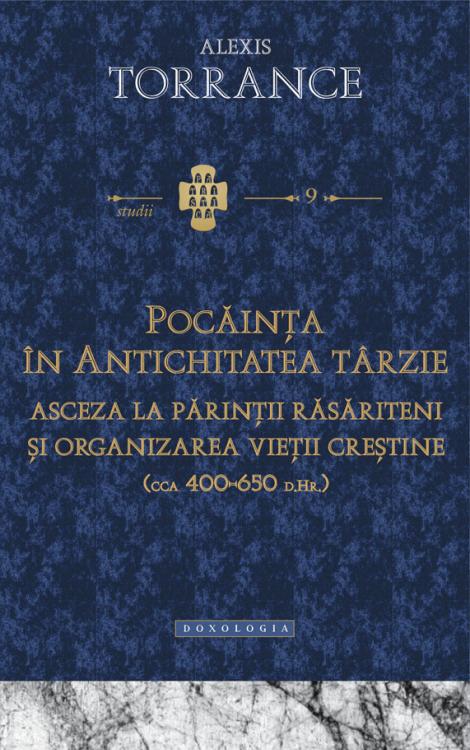

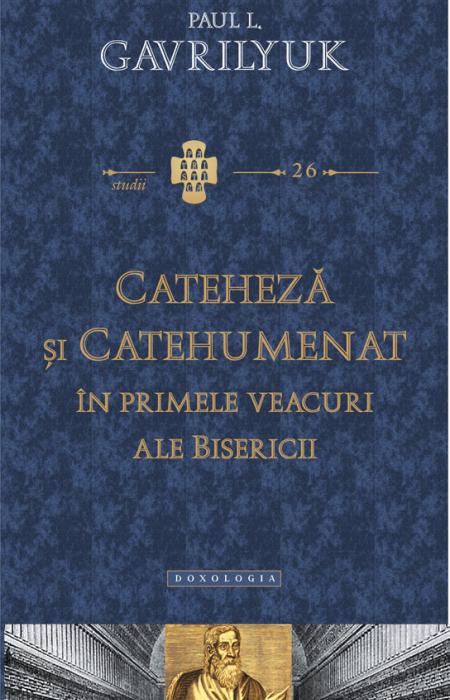
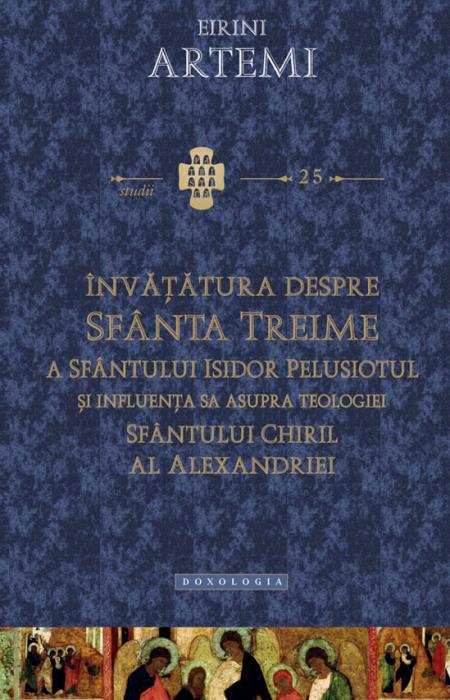

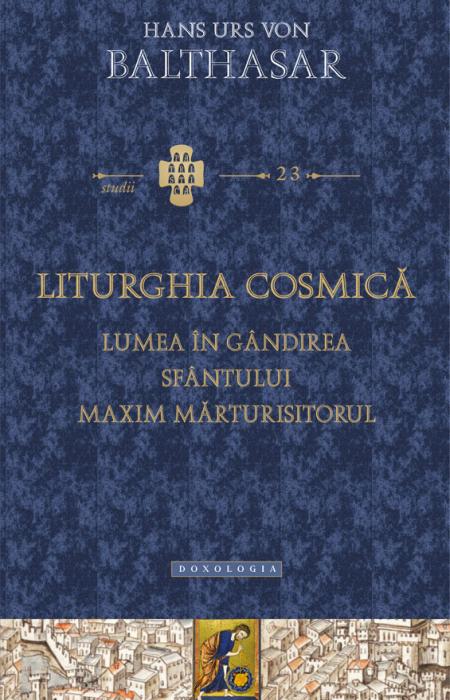
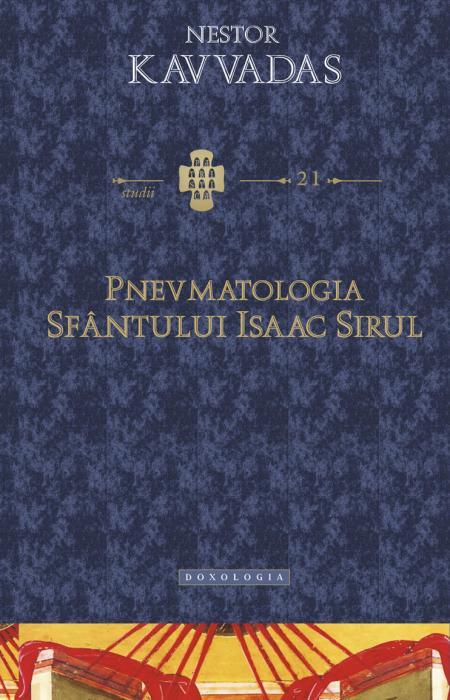
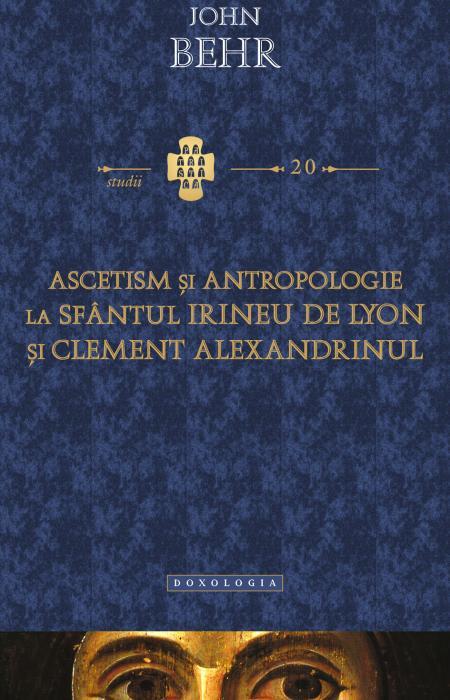

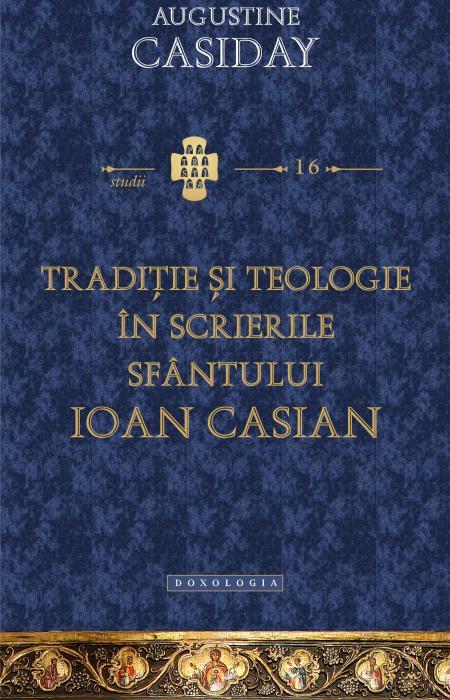

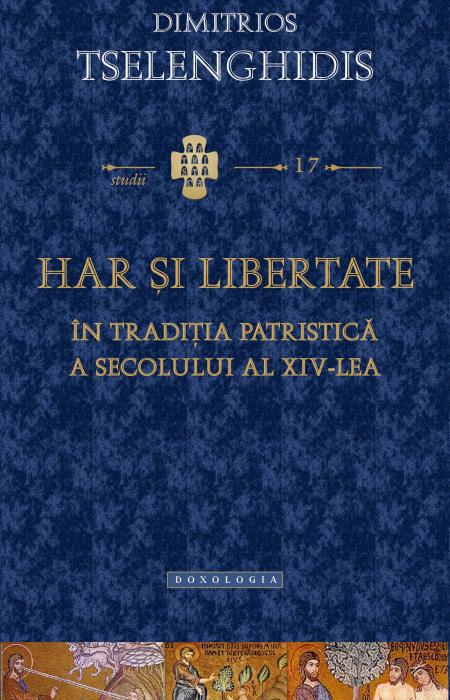

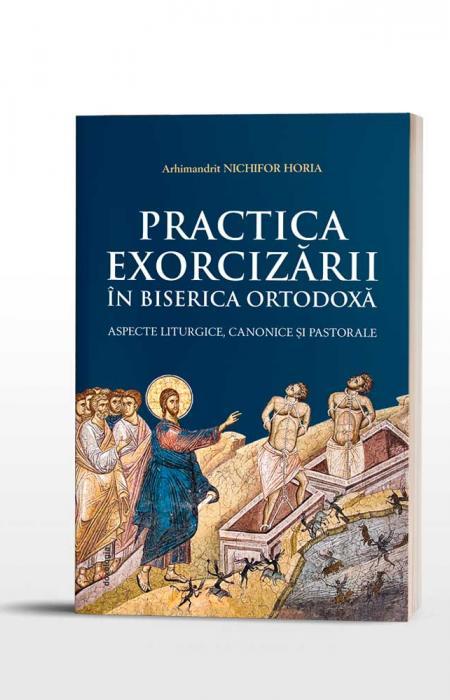
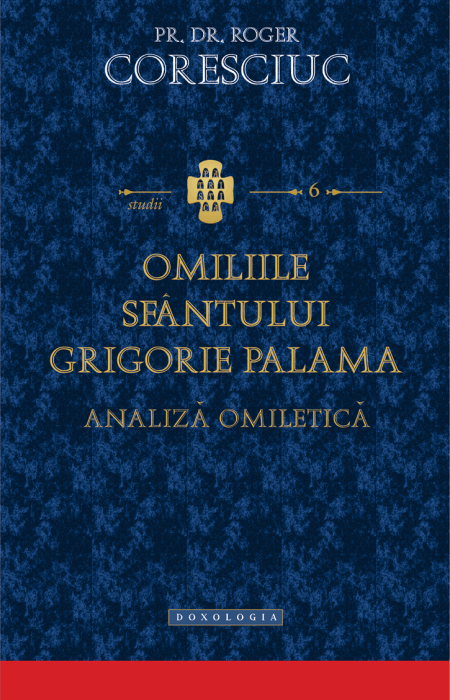
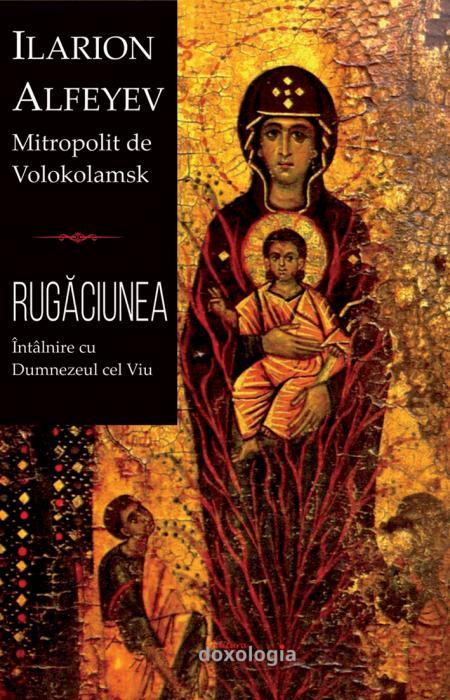






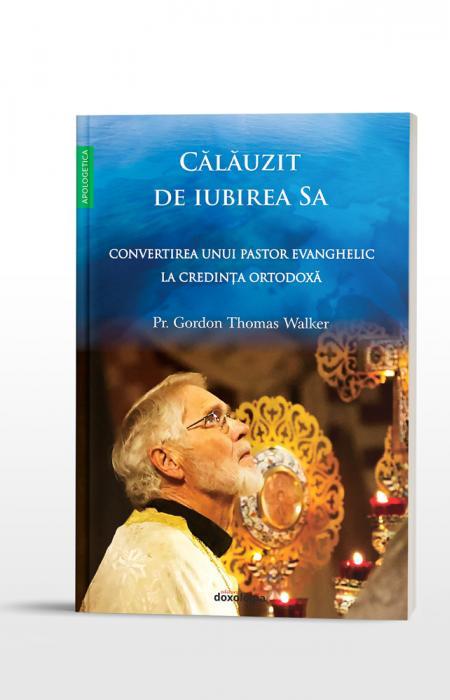
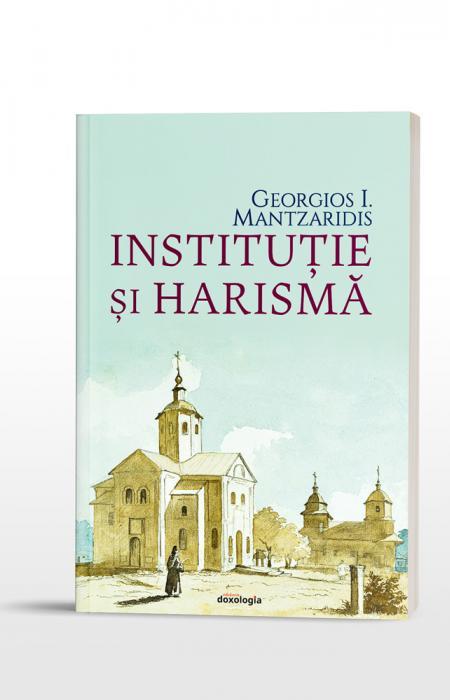

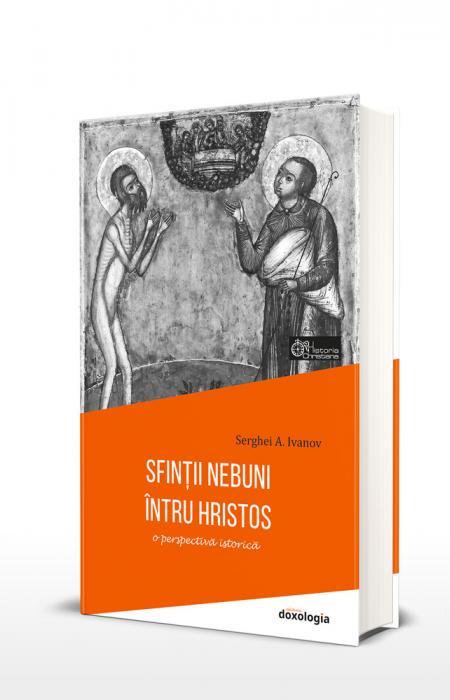
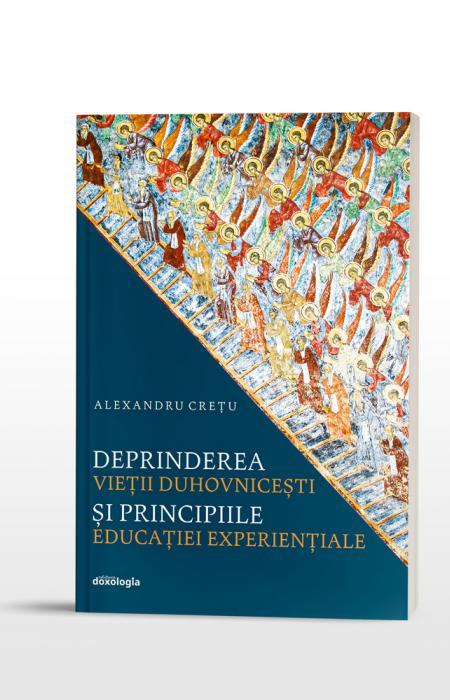




Add new comment